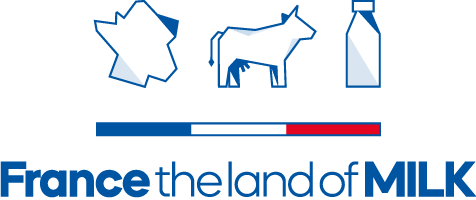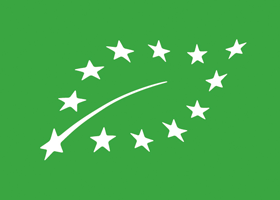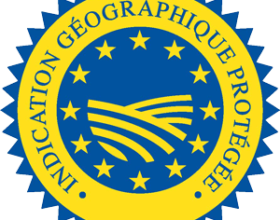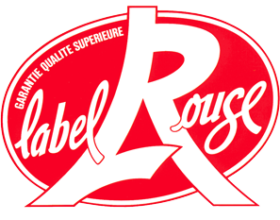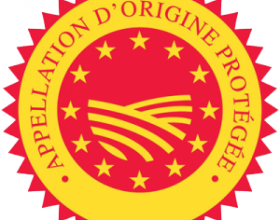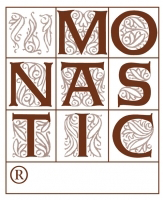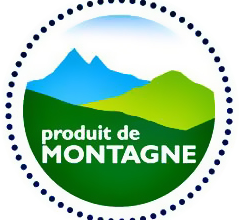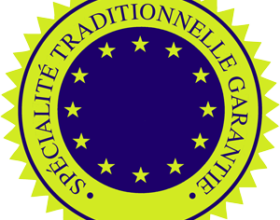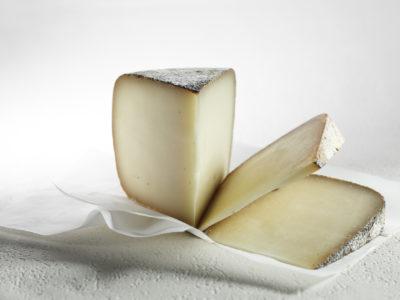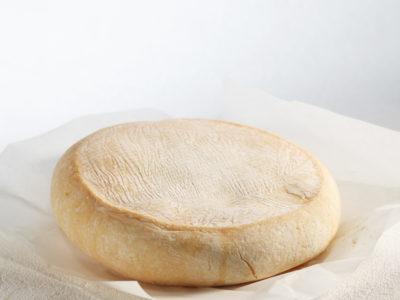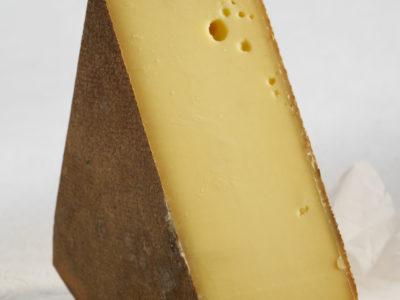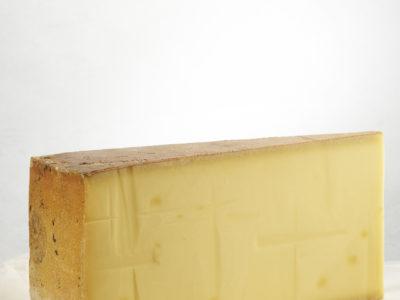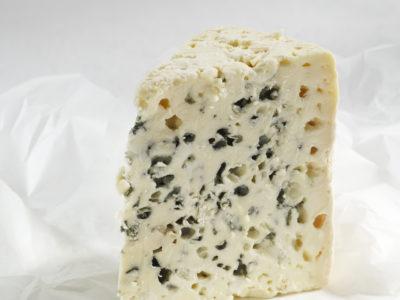In 1407, letters sent by the King of France, Charles VI, promoted the local trade of Roquefort. In 1411, new letters protected the cheesemakers’ cellars. Successive kings subsequently confirmed these privileges. In 1666, a judgement by the Parliament of Toulouse punished merchants of counterfeit Roquefort. This judgement was to foreshadow the law of 26 July 1925, when the concept of the Appellation d’Origine was established, recognising Roquefort as such. Roquefort became the first Appellation d’Origine in history.
At the instigation of producers and groups of producers, labels indicating the quality and origin of food products became officially recognised and managed by national and European public authorities. They are regularly checked by independent bodies. Each producer concerned agrees to comply with the precise criteria laid out in specifications which are much more demanding than the basic regulations that apply to “ordinary” products.
According to the geographical and climate constraints, each French region has developed its own cheesemaking techniques throughout the ages. Labels indicating the origin and quality protect this rich produce and expertise. They guarantee the origin of the products, and that production is carried out according to expertise, and is respectful to animals and the environment. The labels also offer protection against counterfeit products and stimulate the economic activity of production areas.
“Promoting the terroir is the most beautiful way to offer the world something local, to share the beauty of an identity and a given culture” – Jonathan Nossiter, director and author
 繁體中文
繁體中文  简体中文
简体中文  한국어
한국어  Français
Français 